
Robotic surgery is proving effective in a growing number of procedures, but is often held back by higher costs and operation times. Now, advances in technology and the use of AI are increasingly mitigating these drawbacks. We also take a detailed look at the career path of becoming an advanced clinical practitioner (ACP) in radionuclide therapy, the potential of AI to help with clinical backlog in breast radiology and cytology, a new, ultra-low field MRI technique, the impact of staff shortage on clinical care, and much more. Enjoy reading!
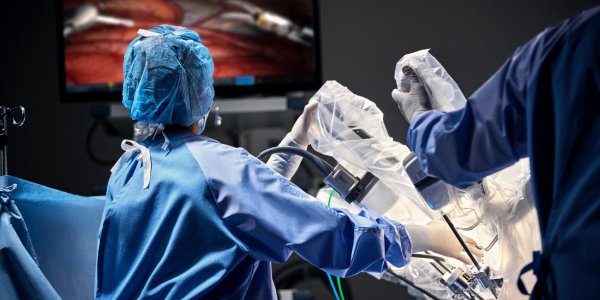
Article • Compared to laparoscopy
Robotic surgery improves colorectal surgery outcomes
When colorectal surgery was first performed with robotic assistance in 2014, the procedure was questioned about safety, efficacy, and outcomes. Today it is an established option. Well-trained surgeons use robotic surgical systems confidently. ...
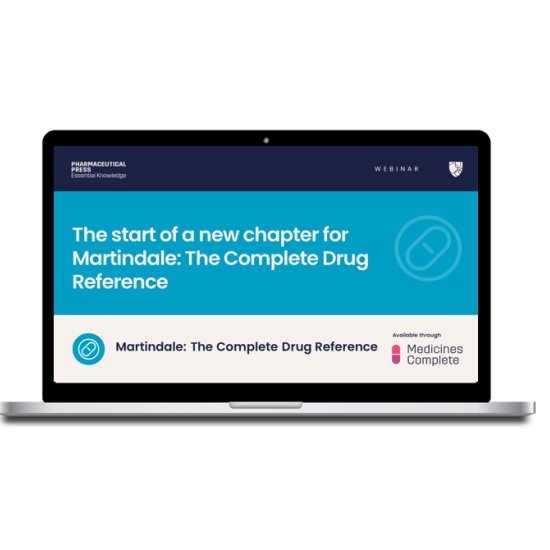 |
Sponsored • Live webinarThe start of a new chapter for Martindale: The Complete Drug ReferenceIn this live webinar 9th July 2024, 11:00 BST (10:00 UTC, 15:00 PDT), co-editors will discuss the evolution of Martindale: The Complete Drug Reference, including a live demonstration on MedicinesComplete. |
 |
Article • Professional perspectivesTheranostics: A career opportunity for Nuclear Medicine TechnologistsWhat is an advanced clinical practitioner (ACP) and why should nuclear medicine technologists strive to become one? At the 2024 annual meeting of the SNMMI in Toronto, ACP Luisa Roldão Pereira outlined the position and its importance in the ... |
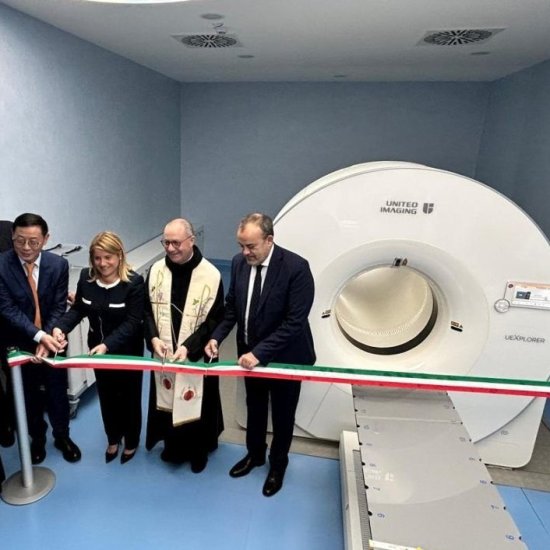 |
Sponsored • Diagnostic imaging in RomeBrand-new nuclear medicine department equipped with advanced Total-Body PET/CT systemThe new Nuclear Medicine Department of the San Pietro Fatebenefratelli Hospital was inaugurated in Rome. The Department was inaugurated with the online intervention of Health Minister Orazio Schillaci and in the presence of Maria Tripodi ... |
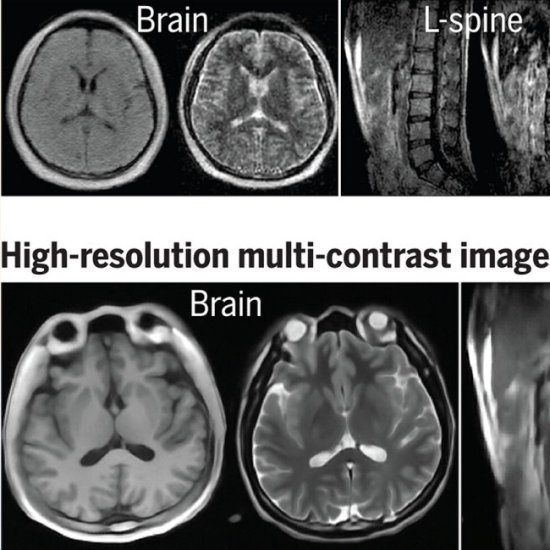 |
News • Low field imaging0.05 Tesla MRI: When less is moreA whole-body MRI scanner with a compact 0.05 Tesla permanent magnet has been developed that operates on a standard wall power outlet without radiofrequency or magnetic shielding cages. |
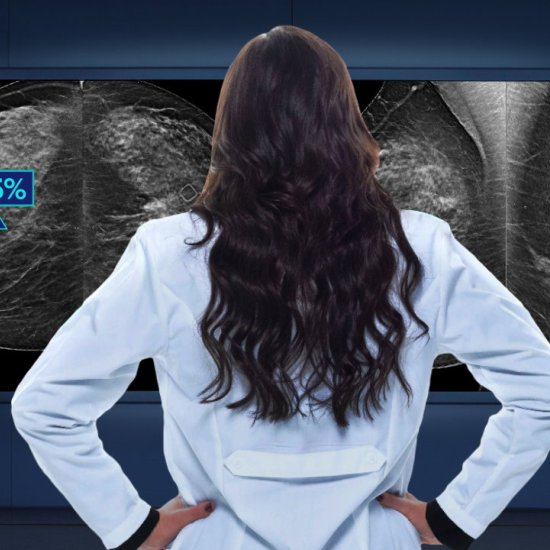 |
Article • Addressing diagnostic backlogsHarnessing the power of AI for women's healthAlthough the Covid-19 pandemic is behind us, healthcare facilities continue to experience workflow challenges and resource constraints impacting women’s health and a patient’s ability to receive a timely diagnosis. Clinical specialties like ... |
 |
News • Vital mechanism discoveredPromising approach to prevent breast cancer recurrenceFinnish researchers discovered a mechanism that wakes up dormant breast cancer cells and demonstrated that preventing the mechanism can significantly improve treatment outcomes in experimental models. |
 |
News • Future Health Index 2024 global reportHealthcare leaders turn to AI to address critical care gapsStaff shortage, financial burdens, and growing demand for care are major challenges for healthcare institutions. The latest Future Health Index report indicates that AI is seen as a key solution. |
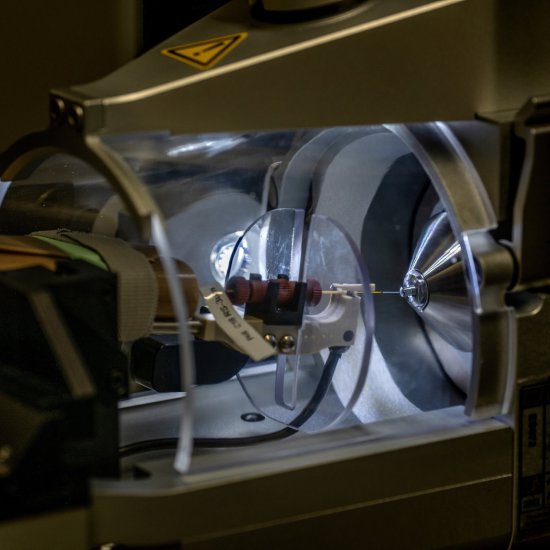 |
News • "Candycrunch"AI and mass spectrometry to find cancer clues at lightning speedResearchers have developed an AI model that increases the potential for detecting cancer through sugar analyses. The AI model is faster and better at finding abnormalities than current methods. |
 |
News • Infection controlC. diff: diagnostic stewardship reduces unnecessary testingA new study describes the outcome of a new approach to testing for Clostridioides difficile (C. diff) guided by the principles of diagnostic stewardship, to help rein in the overtreatment of patients. |
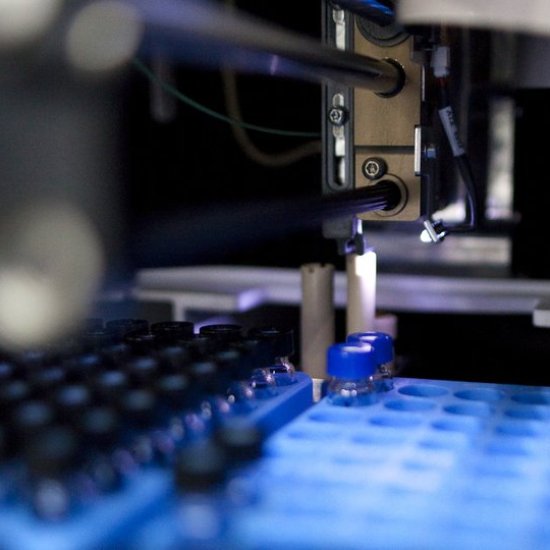 |
News • Biomarkers enhance early detectionParkinson's: blood test predicts disease up to seven years before symptomsA novel blood test shows promise to predict Parkinson's disease in risk patients up to seven years before the typical motor symptoms appear. |
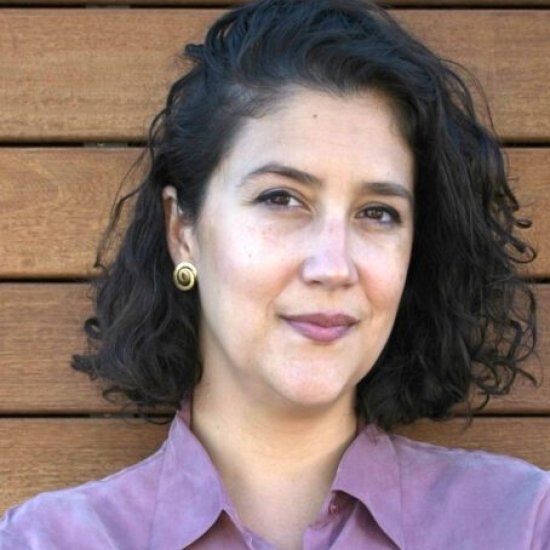 |
News • 3D printed deviceFinding paraplegia treatments with spinal cord organoidsA new research project focuses on creating a 3D printed device to grow a human spinal cord organoid for the study of spinal cord injury and subsequent drug testing. |
You are receiving this email because you subscribed to our newsletter on healthcare-in-europe If you don’t want to receive this newsletter anymore, click here to unsubscribe. Keep up-to-date on the latest news from all hospital-related fields! Copyright © 2025 mgo fachverlage GmbH & Co. KG. E.-C.-Baumann-Straße 5, 95326 Kulmbach, Germany |